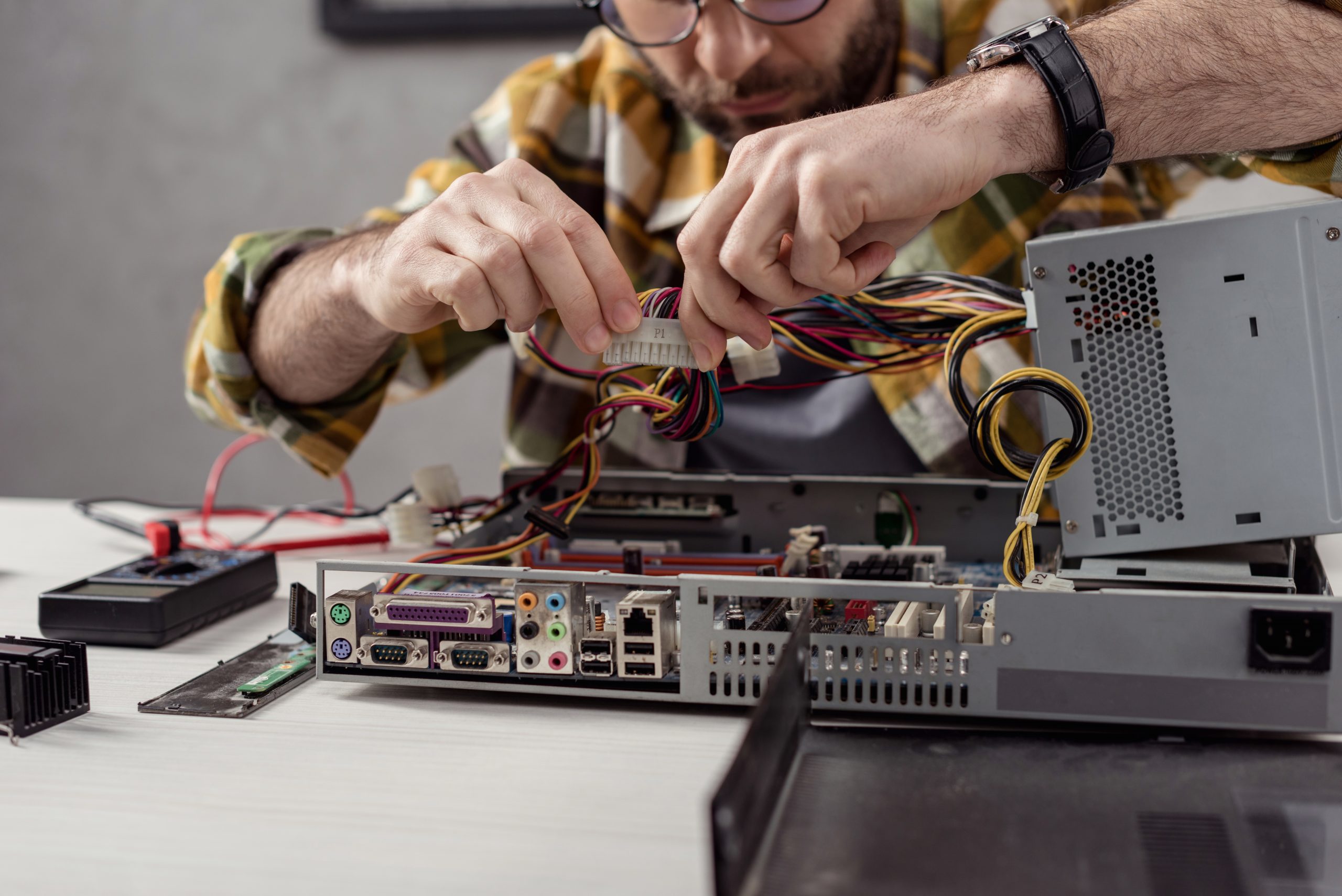
AI-Driven Diagnostics: Tackling Intermittent Failures for Safer Maritime Operations
The unpredictability of intermittent failures in ship automation systems can lead to significant downtime and risk. For ships that are 15 years or older, these issues are even more pronounced, as aging systems are more prone to unexpected breakdowns. With AI now integrated into vital ship electrical panels and systems, including generators and main engines, troubleshooting these failures has never been more efficient. This article examines how AI's real-time analysis and pattern recognition capabilities are transforming the approach to diagnosing and resolving these elusive issues, ensuring smoother and safer voyages for older vessels.
As ships age, their automation systems, which are crucial for smooth operations, become more vulnerable to intermittent failures. These failures can occur without warning, leading to unexpected downtime, costly repairs, and potential safety hazards. For ships over 15 years old, the risk is heightened, as the wear and tear on electrical components can cause irregularities that are difficult to predict and diagnose.
Traditional methods of troubleshooting often rely on reactive measures—addressing problems after they occur. However, this approach is not ideal for older ships, where the goal is to prevent failures before they happen. AI offers a proactive solution by continuously monitoring the ship's electrical systems and identifying patterns that could indicate an impending failure.
AI-powered systems can analyze vast amounts of data from various sensors and components in real-time. By recognizing patterns that are associated with past failures, AI can alert the crew to potential issues before they escalate into serious problems. This is particularly valuable for older ships, where early detection of issues can mean the difference between a quick fix and a costly overhaul.
The maritime environment is harsh and unpredictable. Older ships often face extreme conditions that can exacerbate existing vulnerabilities in their automation systems. AI systems are trained to understand what "normal" looks like for each ship, taking into account factors such as weather, load, and engine performance. This allows AI to provide accurate predictions and early warnings tailored to the specific conditions of the vessel.
For instance, a small but consistent fluctuation in power output might go unnoticed by human operators, but AI can detect this anomaly and flag it as a potential sign of a larger problem. This gives the crew the opportunity to address the issue before it leads to a more significant failure, reducing downtime and maintaining the ship's operational integrity.
At ShipElectronic, we specialize in working with vessels that are 15 years or older. Our deep understanding of aging ship systems, combined with our advanced AI-driven solutions, allows us to offer unparalleled service in maintaining and troubleshooting older ships. We know the unique challenges that come with aging automation systems, and our AI solutions are specifically designed to meet those challenges head-on.
By partnering with us, ship operators can ensure that their older vessels remain reliable and safe, even in the face of unpredictable system failures. Our expertise in older ships puts us in a unique position to offer this critical service, helping to extend the life of these valuable assets while minimizing the risk of costly downtime.
The integration of AI into ship automation systems is not just a technological advancement; it's a necessity for older ships that face increasing risks of intermittent failures. By providing real-time analysis and early detection, AI helps crews proactively manage and resolve issues before they become critical. For ships 15 years or older, this technology is essential in maintaining safety, reliability, and operational efficiency.
With our specialized knowledge and AI solutions, ShipElectronic is the partner you need to keep your aging fleet sailing smoothly. Let us help you navigate the complexities of maintaining older ships, so you can focus on what matters most—ensuring the safety of your crew and the success of your voyages.


